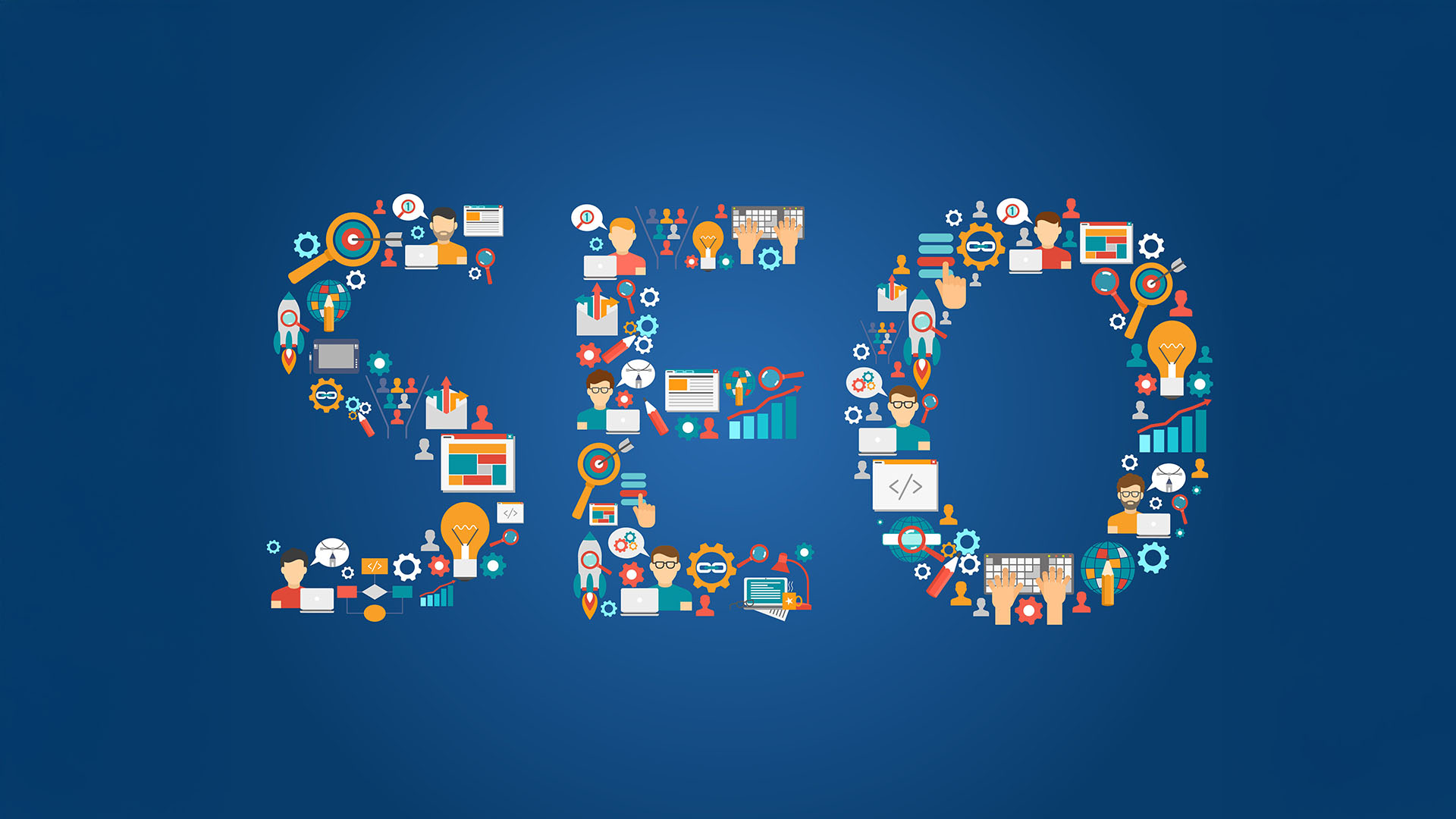Search Engine Optimization (SEO) has always been a dynamic field, constantly evolving with changes in technology, user behavior, and search engine algorithms. As we look ahead to 2025, the SEO landscape is expected to undergo significant transformations. In this blog, we’ll explore the future of SEO and what marketers need to prepare for to stay ahead in the game.
1. AI and Machine Learning Will Dominate SEO Strategies
By 2025, Artificial Intelligence (AI) and Machine Learning (ML) will be deeply integrated into SEO practices. Search engines like Google are already leveraging AI to understand user intent better and deliver more relevant results. In the future, SEO tools powered by AI will help marketers analyze data, predict trends, and optimize content with unprecedented precision. Expect AI to play a key role in keyword research, content creation, and even technical SEO audits.
2. Voice Search Will Revolutionize Keyword Targeting
Voice search is no longer a futuristic concept—it’s here, and it’s growing rapidly. By 2025, voice search is expected to account for a significant portion of all searches. This shift will require marketers to optimize for conversational, long-tail keywords and focus on natural language processing (NLP). Questions like "What’s the best Italian restaurant near me?" will become more common, and SEO strategies will need to adapt to this trend.
3. User Experience (UX) Will Be a Top Ranking Factor
Search engines are increasingly prioritizing user experience as a ranking factor. By 2025, websites that offer fast loading speeds, mobile-friendliness, and intuitive navigation will dominate search results. Core Web Vitals, which measure aspects like page speed and interactivity, will become even more critical. Marketers will need to focus on creating seamless, user-centric experiences to rank higher.
4. Video Content Will Drive Organic Traffic
Video content is already a powerful tool for engagement, and by 2025, it will play an even bigger role in SEO. Platforms like YouTube, TikTok, and Instagram are becoming search engines in their own right. Optimizing video content with proper titles, descriptions, and tags will be essential for driving organic traffic. Additionally, integrating video into website content will improve dwell time and user engagement, both of which are key ranking signals.
5. E-A-T Will Become More Important Than Ever
Expertise, Authoritativeness, and Trustworthiness (E-A-T) have been critical components of Google’s ranking algorithm for years. By 2025, E-A-T will be even more crucial as search engines aim to combat misinformation and deliver reliable content. Brands will need to establish themselves as industry leaders by producing high-quality, well-researched content and showcasing their credentials.
6. Zero-Click Searches Will Challenge Traditional SEO
With the rise of featured snippets and voice search, zero-click searches—where users get their answers directly on the search results page—are becoming more common. By 2025, this trend is expected to grow, forcing marketers to rethink their SEO strategies. To succeed, brands will need to focus on securing featured snippets and providing concise, actionable answers to common queries.
7. Privacy Concerns Will Shape SEO Practices
As privacy regulations like GDPR and CCPA continue to evolve, SEO strategies will need to adapt. By 2025, marketers will rely less on third-party data and more on first-party data to understand their audience. This shift will require a greater emphasis on building direct relationships with users and creating content that resonates with their needs and preferences.
8. Local SEO Will Become Hyper-Local
Local SEO is already important for businesses targeting specific geographic areas, but by 2025, it will become even more granular. Hyper-local targeting, such as optimizing for neighborhood-specific keywords and leveraging location-based apps, will be essential. Businesses will also need to ensure their Google My Business profiles are fully optimized to attract local customers.
Conclusion
The future of SEO in 2025 will be shaped by advancements in AI, the rise of voice search, and an increased focus on user experience and privacy. Marketers who embrace these changes and adapt their strategies accordingly will be well-positioned to succeed in the ever-evolving digital landscape. The key to staying ahead is to remain agile, continuously learn, and prioritize the needs of your audience.




